Consider a situation where you go to an eatery in your country and the staff advises you that, Koreans are allowed, but Indians are not. What would be your reaction to that situation? The surprising thing is that this is the reality of the situation.
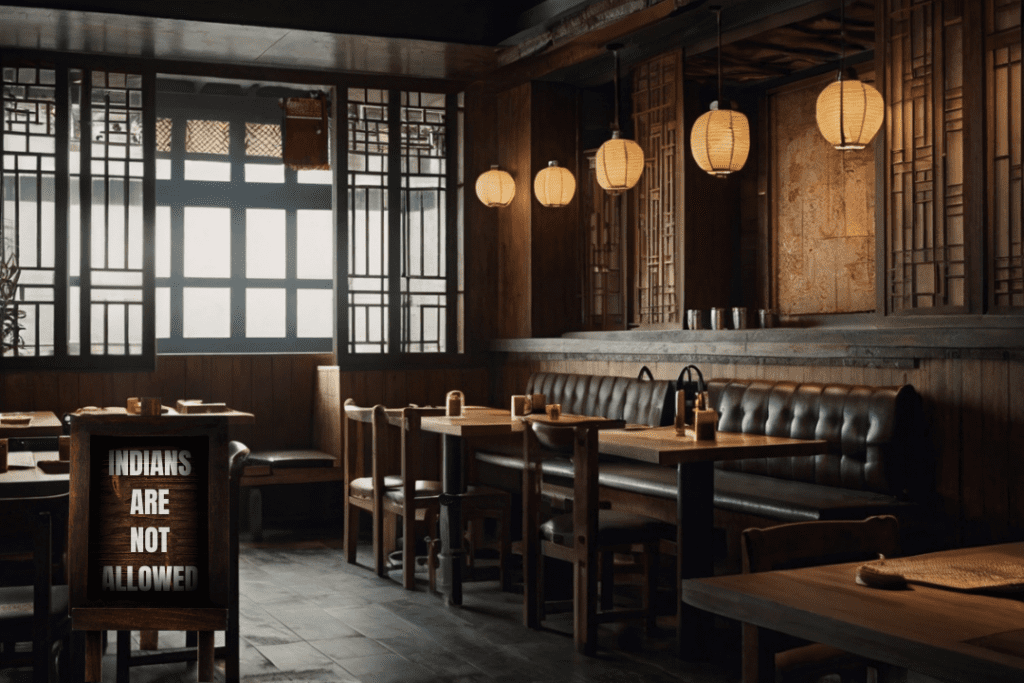
Actually, we believe that Korean is a beautiful and educated country but the truth is that Korea looks only nice but it doesn’t in reality. A Korean car company ”KIA Motors” came to India in 2017. They opened a 536 acre manufacturing facility in the Anantapur district of Andhra Pradesh. This improvement led to various Korean restaurants opening in the area.
In any case, a stunning disclosure came to light when a sting operation was conducted in one of these eateries. It was found that Indians were not permitted to eat there, and indeed passage for Indians was entirely denied. Including to this unfair hone, the staff utilized at these eateries were overwhelmingly Nepali. This occurrence draws parallels to a time when the British utilized to show signs expressing that pooches and Indians were not welcome. It is crippling to witness that indeed after the British colonial period, the South Koreans have embraced a comparable biased demeanor towards Indians, treating them as untouchable and second rate. If such segregation is predominant inside our possess nation, one can as it were envision the degree of segregation confronted by people dwelling in Korea.
Racism is a unavoidable issue that shockingly exists in different parts of the world, counting India. Be that as it may, it is imperative to note that in India, there are lawful arrangements in put to address bigot acts and secure people from separation. Our structure, particularly Article 15, forbids any shape of segregation based on religion, race, caste, sexual orientation, or put of birth. And under India’s IPC section 153A, promoting enmity between different groups on ground of religion, race, place of birth, residence , language etc. and doing acts prejudicial to maintenance of harmony shall be punished with imprisonment which may extend to 3 years or with fine or with both. This arrangement points to anticipate acts that seem disturb social agreement and solidarity. Anybody found blameworthy of such acts can confront detainment for up to three a long time, a fine, or both. Whereas it is terrible that bigotry still happens in India, it is critical to highlight that there is no regulation back for such biased behavior. The existing lawful system reflects the commitment of the Government of India to combat prejudice and guarantee a reasonable and comprehensive society for all its citizens.
Why do Koreans hate Indians?
Korean are very educated. their literature rate for 2018 was 98.80% a 0.83% increase from 2008. The unemployment rate is over 20% for 47 consecutive mont. This has come about in a noteworthy deficiency of laborers in both the mechanical and cultivating divisions in Korea. Thus, the Korean government has been compelled to address this deficiency by bringing in blue-collar specialists from nations like India. As a result, Indians have been taking up occupations that were customarily filled by local people, driving to a developing disappointment among the South Korean youth who are looking for business openings. Tragically, this disappointment has moreover fueled occasions of prejudice towards Indians, as a few Koreans hold the recognition that Indians are as it were fit for modest jobs.
There are different variables contributing to the predominance of plastic surgery in Korea. One critical reason is the social inclination for reasonable skin, which is considered appealing and alluring. In any case, in differentiate to this perfect, Indians ordinarily have a wheatish complexion. As a result, numerous Korean people, indeed some time recently entering college or college, experience plastic surgery strategies to upgrade their appearance. Korean has deep rooted lookism or Gwansang as they call it in Korean language.
The Korean Organized for Worldwide Financial Arrangement as of late conducted a overview over Korea, uncovering that numerous Koreans transparently conceded to seeing Indians as risky, immature, and old-fashioned. The major fault is the information gap. These Korean do not know anything about us. 13,585 Indians live in South Korea including around 300 people of Indian origin and almost every year 1,20,000 tourists go there. in such a situation, the rest of Korean people know very little Indian culture.
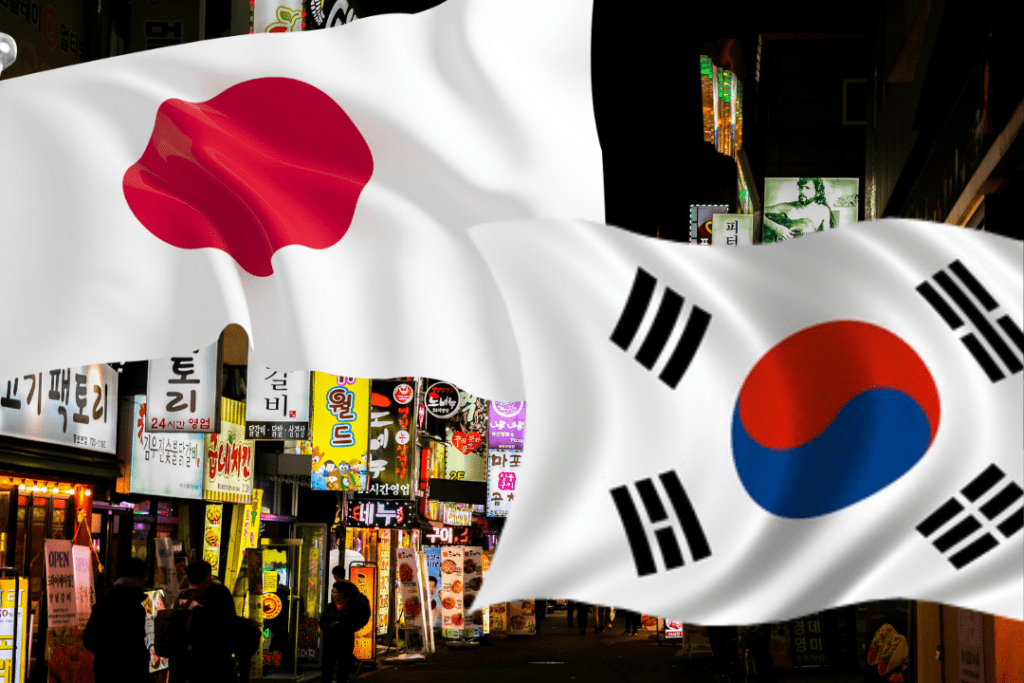
How did discrimination start in Korea?
Understanding the beginnings of separation in Korea requires digging into the wealthy history of the nation. The conventional culture of Korea, which includes the shared social and chronicled bequest of the country prior to its division in 1945, plays a critical role in forming the national character of Korean individuals. Central to this character is the conviction in a thousand-year-old unadulterated bloodline that characterizes their sense of having a place and solidarity as a nation.
The substance of a country, according to the Korean viewpoint, lies in a common dialect, culture, and legacy that ties its individuals together. When Japan ruled Korea, they tried their best to destroy Korean culture. That is why, after getting independence from Japan, a feeling of nationalism arose in them, and this feeling became stronger in 1997 when the Asian financial crisis happened, after which the IMF gave them a bailout, but they had to accept a lot of conditions. Because of these conditions, local businesses in Korea suffered. This strengthened their feeling that as foreign interference increases, they will suffer losses. And gradually, cases of micro-aggression towards other cultures increased. After the year 2000, the people of South Korea started meeting with other cultures, but this feeling of “Korea first” did not dilute.
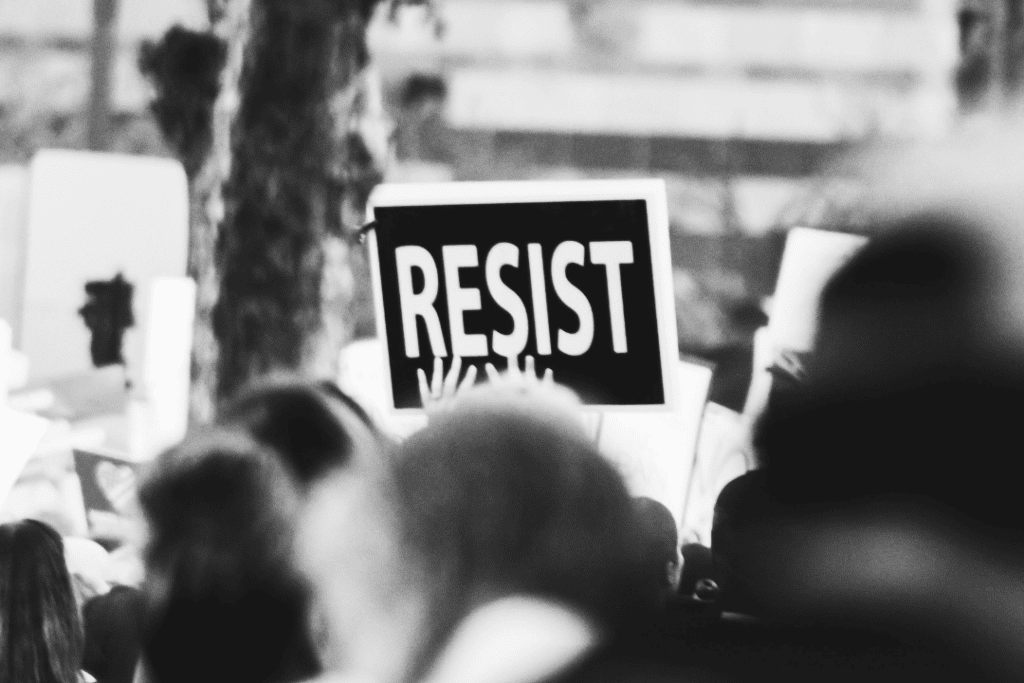
Are all Koreans racist?
When examining the issue of segregation in Korea, it is frequently a common misinterpretation that the whole nation is supremacist, but this is not an opinion that can be all around concurred upon. In spite of the presence of segregation in certain zones, it is vital to recognize that there are numerous people in Korea who do not separate based on nationality. Major metropolitan zones in South Korea, such as Seoul, Busan, and Daegu, have foundations like shops and clubs that have been detailed to deny benefit to people of certain nationalities, such as Indians. Whereas these occurrences are a reality in Korea, it is significant that they do not speak to the whole country.
Not only Indians but also foreigners in South Korea say that they have experienced racism in the country at some point. In an overview conducted by the National Human Rights Commission of Korea in 2020, 82% of respondents acknowledged that discrimination in South Korean society was serious, and 88.5% were in favor of enacting a comprehensive anti-discrimination act as a way to resolve this problem. A later study conducted in November 2021 demonstrated that 70% of South Korean citizens also concurred that separation is an issue that needs to be addressed.
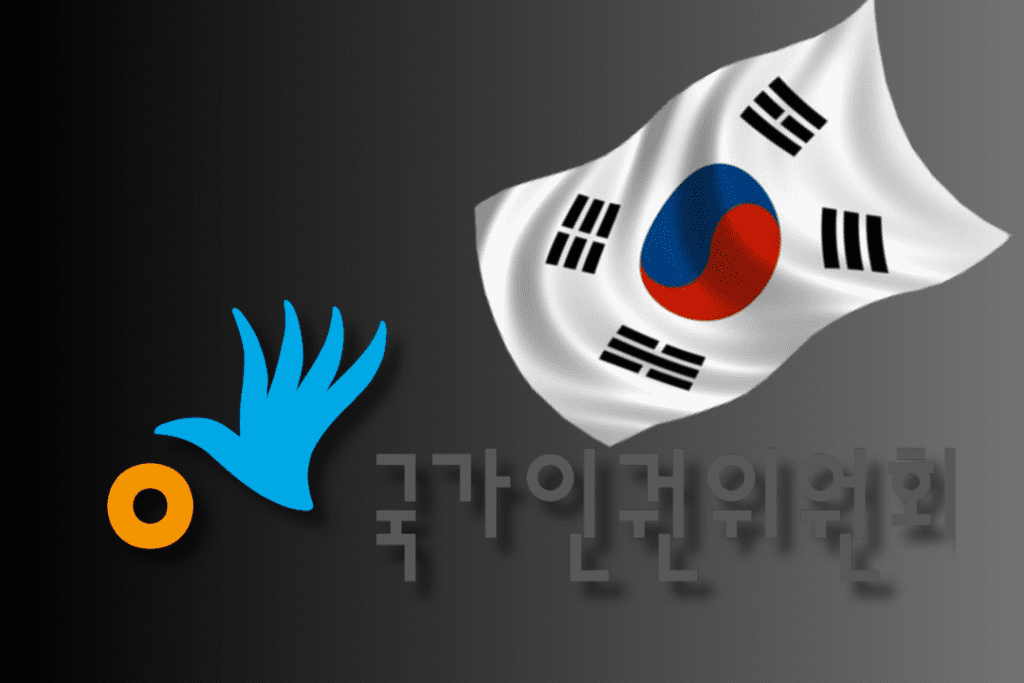
Why is there no law on discrimination in Korea?
Between 2010 and 2014, a overview appeared that 22% of Koreans communicated their inclination to live in a Korean-specific community. In spite of this, in 2016, an MP endeavored to present an anti-discrimination charge, which had as of now been affirmed by a authoritative committee. In any case, due to restriction from major organizations and the Korea Representatives Alliance, the government eventually fizzled to execute the bill. Human Rights Observe composed an open letter to South Korea in December 2021, encouraging them to quickly sanction anti-discrimination laws. Over the past decade, the Joined together Countries and different worldwide communities have reliably called on the South Korean government to combat prejudice inside its nation. Tragically, a need of inspiration on the portion of the government has ruined the change of these requests into enforceable laws, as their need is the welfare of the Korean individuals.



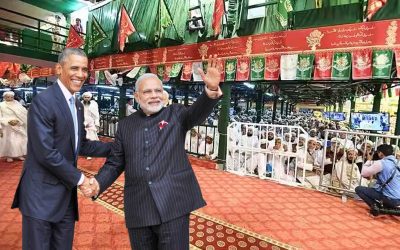




0 Comments